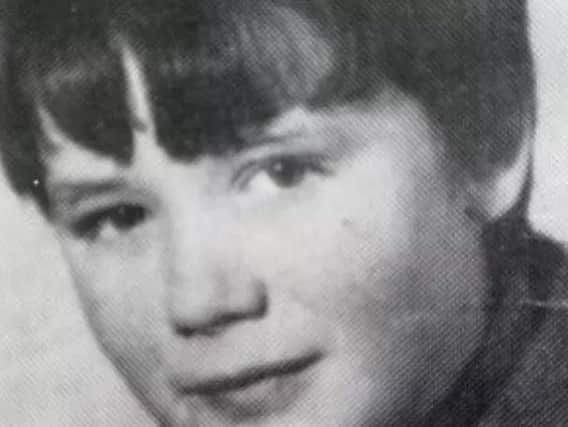British soldier 'unjustified' in firing shot which killed Manus Deery


Manus Deery, 15, was killed as he stood outside a chip shop in the Bogside area socialising with friends in May 1972. He was struck in the head by fragments of a bullet that ricocheted off a wall.
It was fired by a soldier from a fortified observation sanger high above the Bogside area on Derry's historic city walls.
Advertisement
Hide AdAdvertisement
Hide AdPrivate William Glasgow, now deceased, claimed he had fired on a gunman but missed and hit the wall. Presiding coroner Mr Justice Adrian Colton said his assessment of the evidence was there was no such gunman.
"The discharge of the round was unjustified," he said.
However, Justice Colton said he was unable to determine whether the Royal Welch Fusilier soldier was under an honest belief that he had seen an armed man - citing his inability to question the late serviceman during the inquest.
He added: "The force used was disproportionate to the threat perceived."
The killing, which occurred months after Bloody Sunday in Derry, was one of the most contentious of the Troubles.
Advertisement
Hide AdAdvertisement
Hide AdThe coroner said the teenager's family pursued a new inquest to address a "perceived stain on his character" related to insinuations he may have been involved in paramilitary activity. He told Derry courthouse that he had "no doubt" the boy was blameless.
"Manus Deery was a totally innocent victim," he said.
"He didn't pose a threat to soldiers or anyone else."
During inquest proceedings the Ministry of Defence (MoD) acknowledged that the shooting was unjustified. In a statement given the day after the incident, Mr Glasgow claimed he fired at a gunman standing beneath an archway beside a pub in the Bogside.
He was not prosecuted. A new inquest was ordered by Northern Ireland's attorney general John Larkin in 2012. The original inquest in 1973 returned an open verdict.
The coroner said official police investigation of the shooting in 1972 was "flawed and inadequate".